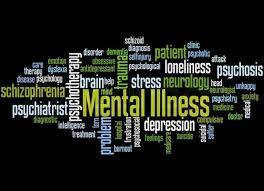Negative effects of education
While education is often seen as a positive force that can empower individuals and improve society, there are also some negative aspects associated with the pursuit of knowledge and learning. These drawbacks can impact students, educators, and communities in various ways.
One of the major criticisms of education is its potential to reinforce inequality and perpetuate social hierarchies. In many societies, access to quality education is often limited by factors such as socio-economic status, race, and gender. This results in unequal educational opportunities for different groups of people, leading to disparities in outcomes and reinforcing existing power dynamics.
Furthermore, the pressure to succeed in an educational system that prioritizes grades and test scores can have negative effects on students' mental health and well-being. The intense focus on academic achievement can create stress, anxiety, and burnout among students, ultimately undermining their overall health and happiness.
Additionally, education can sometimes stifle creativity and critical thinking skills. In a system that values conformity and rote memorization, students may be discouraged from questioning authority, challenging norms, or thinking outside the box. This can limit their ability to innovate, problem-solve, and adapt to new challenges in the real world.
Moreover, the emphasis on standardized testing and curriculum can result in a one-size-fits-all approach to education that fails to meet the needs of diverse learners. Students who do not fit into the traditional model of education, such as those with learning disabilities or different learning styles, may struggle to succeed in a system that does not cater to their individual needs.
Finally, education can be used as a tool for indoctrination and propaganda, shaping students' beliefs and values in ways that serve the interests of those in power. This can limit students' exposure to diverse perspectives and critical thinking, fostering a narrow-minded worldview that is not conducive to a healthy and inclusive society.
In conclusion, while education has the potential to empower individuals and transform societies for the better, it is important to acknowledge and address the negative aspects associated with it. By recognizing and challenging these drawbacks, we can strive to create a more equitable, inclusive, and holistic educational system that benefits all members of society.




No comments yet
Be the first to share your thoughts!